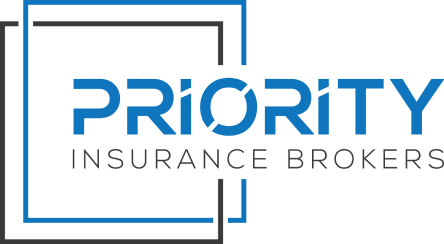Running a business is fraught with risks – from potential accidents at the workplace to the risk of lawsuits, there are many uncertainties that business owners need to consider. Having robust business insurance coverage can mitigate these risks, providing a safety net for businesses if things go wrong. However, the cost of business insurance in Australia varies widely depending on various factors. In this blog post, we will delve into the key elements that impact the average business insurance cost in Australia, helping you understand how to manage your insurance expenses effectively.
Introduction
Before we dive into the details, let’s first understand what exactly business insurance is and why it is essential in Australia. Business insurance is a broad term that encompasses various types of coverage designed to protect businesses against potential losses or damages. From property damage and public liability to professional indemnity and workers’ compensation, the range of coverages available is vast, each catering to specific risks associated with running a business.
Definition and Importance of Business Insurance in Australia
Business insurance is designed to protect a company’s financial well-being in case of unexpected loss or damage. This can result from various incidents, including theft, fire, legal liabilities, and even business interruption. The diversity and complexity of businesses in Australia require different types of insurance coverage to address their unique risks. From small home-based businesses to large corporations, each has its own set of challenges and requirements when it comes to insurance.
Given the unpredictable nature of business operations, having adequate insurance coverage is crucial. It not only provides financial protection but also instils confidence in stakeholders, including employees, customers, and investors. Business insurance is especially important in Australia, considering the country’s stringent legal requirements and the high costs associated with potential risks such as lawsuits, workplace accidents, and natural disasters.
Key Factors That Impact the Average Business Insurance Cost

The cost of business insurance in Australia can range from a few hundred to several thousand dollars per year, depending on various factors. Understanding these factors can help you estimate your potential insurance expenses more accurately and plan your budget accordingly. Let’s explore some of the key factors influencing the average business insurance cost in Australia.
Type of Business and Industry Risks
The type of business you operate plays a crucial role in determining your insurance costs. Businesses in industries perceived as high-risk, such as mining, construction, or manufacturing, often face higher insurance premiums due to the increased likelihood of accidents or damage. On the other hand, businesses in low-risk sectors, like IT consulting or online retail, typically have lower insurance costs. The specific activities your business is engaged in also matter. For instance, a construction company that handles hazardous materials will likely pay more for insurance than one that does not.
Size and Nature of Your Business
The size of your business, in terms of both revenue and number of employees, also influences your business insurance cost. Larger companies generally pay more for insurance because they have more assets at risk and potentially more significant claims in case of an incident. The nature of your business operations can also affect your insurance costs. For example, businesses that heavily rely on physical assets, such as machinery or property, may face higher insurance premiums than service-based businesses with minimal physical assets.
Location of the Business
Your business location can significantly impact your insurance costs. If your business is situated in an area prone to natural disasters, such as floods or bushfires, your insurance premiums may be higher due to the increased risk. Similarly, businesses located in areas with high crime rates may face higher insurance costs due to the increased risk of theft and vandalism. Even factors such as local regulations and legal environment can affect your insurance costs, as certain jurisdictions may have stricter requirements for business insurance.
Number of Employees
The number of employees you have is another important factor influencing your business insurance cost. In Australia, if you have employees, you are legally required to take out workers’ compensation insurance to cover any costs related to workplace injuries or illnesses. The cost of this insurance often increases with the number of employees, reflecting the greater potential risk and cost of claims.
Type of Coverage Needed
Lastly, the specific types of coverage you need will also impact your business insurance cost. Each type of coverage comes with its own cost, which can vary depending on the extent of protection provided. For instance, professional indemnity insurance, which covers claims of professional negligence, may be more costly for businesses offering professional advice or services due to the high potential cost of lawsuits and compensation payments. Similarly, public liability insurance, which covers claims arising from bodily injury or property damage caused by your business activities, may be more expensive for businesses that frequently interact with the public.
How to Mitigate the Costs

While business insurance is undoubtedly a significant expense, there are several strategies you can adopt to manage these costs effectively. By understanding these strategies, you can ensure that you get the necessary protection for your business without breaking the bank.
Risk Management Strategies
Implementing robust risk management strategies can help you reduce your business insurance costs. For instance, installing security systems or fire prevention measures can lower the risk of theft or fire damage, potentially reducing your premiums for property insurance. Similarly, implementing strict safety protocols can reduce the risk of workplace accidents, potentially lowering your workers’ compensation insurance costs. Many insurers offer discounts to businesses that demonstrate a strong commitment to risk management, so investing in these strategies can pay off in the long run.
Regular Review of Insurance Policies
Regularly reviewing your insurance policies is another effective way to manage your insurance costs. As your business grows and evolves, your insurance needs may change as well. By reviewing your needs regularly, you can eliminate unnecessary coverages and ensure that you are not over-insured, thereby saving on insurance costs. At the same time, you can also identify any new risks that may require additional coverage, ensuring that your business remains adequately protected.
Getting Help from a Professional Broker
While understanding the various factors affecting your business insurance cost is helpful, navigating the complex world of business insurance can be challenging without expert guidance. This is where professional insurance brokers come in.
Role and Benefits of a Business Insurance Broker in Australia
A business insurance broker is a specialist who can provide tailored advice and assistance in finding the right insurance solutions for your business. They have a thorough knowledge of the insurance market and can help you understand the various options available, allowing you to make informed decisions about your insurance coverage.
Besides helping you understand the intricacies of various insurance policies, brokers can also negotiate on your behalf to get the best possible rates from insurers. With their extensive network and negotiating skills, they can often secure better deals than what you might get if you approach insurers directly. Additionally, they can review your existing coverage to identify any gaps or redundancies, ensuring you have the most cost-effective and comprehensive protection for your business.
Conclusion
Investing in business insurance is crucial for the long-term sustainability and success of any business. However, understanding the factors that influence the cost of business insurance and effectively managing these costs can be a complex process. From the type of business and industry risks to the size and nature of your business, numerous factors come into play.
Summary of Key Factors and Steps to Manage Business Insurance Costs in Australia
In summary, the key factors that impact the average business insurance cost in Australia include the type of business and associated industry risks, the size and nature of the business, its location, the number of employees, and the specific types of coverage needed. By understanding these factors, you can anticipate your potential insurance expenses more accurately and plan your budget accordingly.
To mitigate these costs, implementing robust risk management strategies, regularly reviewing your insurance policies, and seeking help from a professional broker are effective strategies. These steps will not only help you manage your insurance costs but also ensure that your business is adequately protected against potential risks.
As a business owner, it’s crucial to remember that while business insurance represents a significant cost, it also provides essential protection for your business. Without adequate insurance coverage, your business could face significant financial losses in the event of an incident. Therefore, investing in the right insurance coverages is a critical part of managing your business risks and ensuring your business’s long-term success.
Frequently Asked Questions
What type of insurance do I need for my business?
The type of insurance you need depends on your industry, the size of your business, and various other factors. It is best to consult with an insurance agent who can assess your business’s unique risks and recommend the right coverage for you.
Is liability insurance enough to protect my business?
No, liability insurance alone may not be enough to cover all the risks associated with your business. It is essential to have a comprehensive insurance plan that includes multiple types of coverage, such as property insurance and cyber liability insurance.
How can I reduce my insurance premiums?
To reduce your insurance premiums, you can consider bundling different types of coverage under one policy, increasing your deductible, implementing risk management strategies, and regularly reviewing and updating your insurance coverage with the help of an insurance agent.
Can I cancel my insurance policy at any time?
While most insurance policies have a cancellation clause, it is essential to be aware of the terms and conditions before attempting to cancel your policy. In some cases, you may incur penalties or not receive a refund for the remaining term of your policy.
Do I need insurance if I am a sole proprietor?
Yes, even as a sole proprietor, it is important to have some form of insurance coverage to protect yourself and your business from potential risks. Consult with an insurance agent to determine the appropriate coverage for your business structure.







